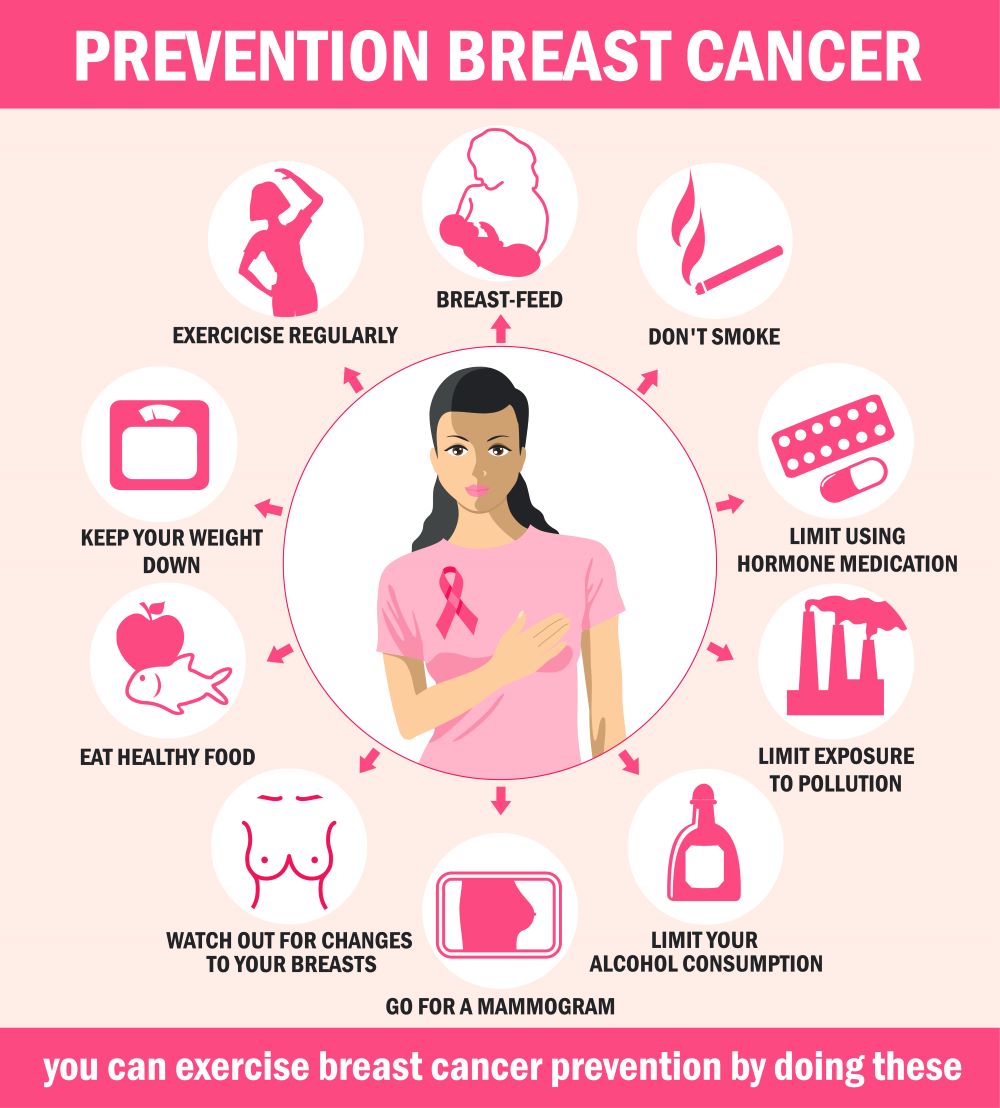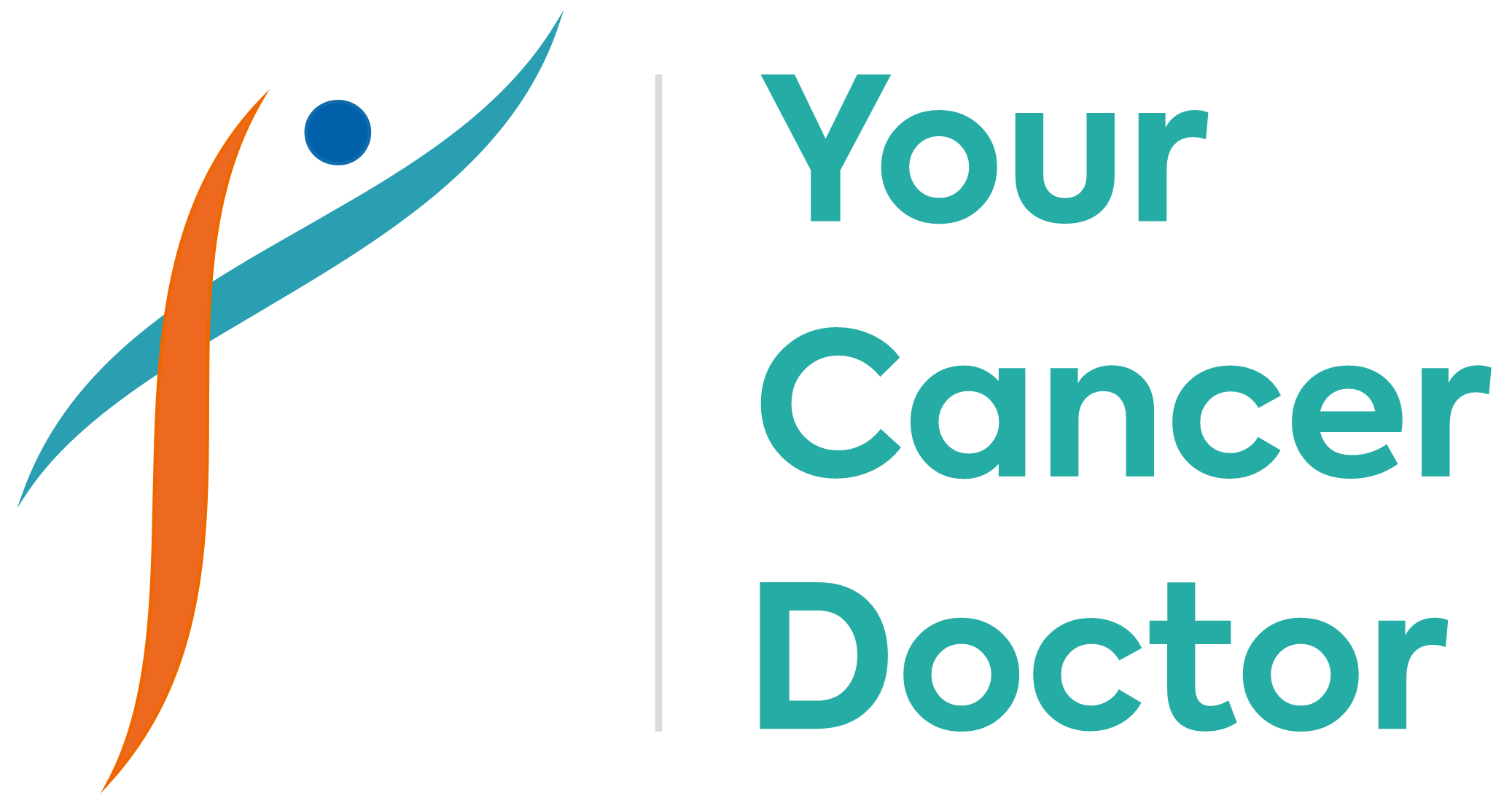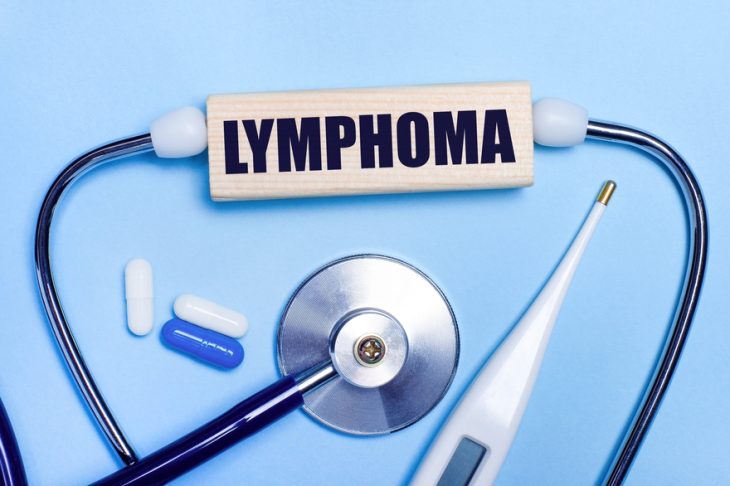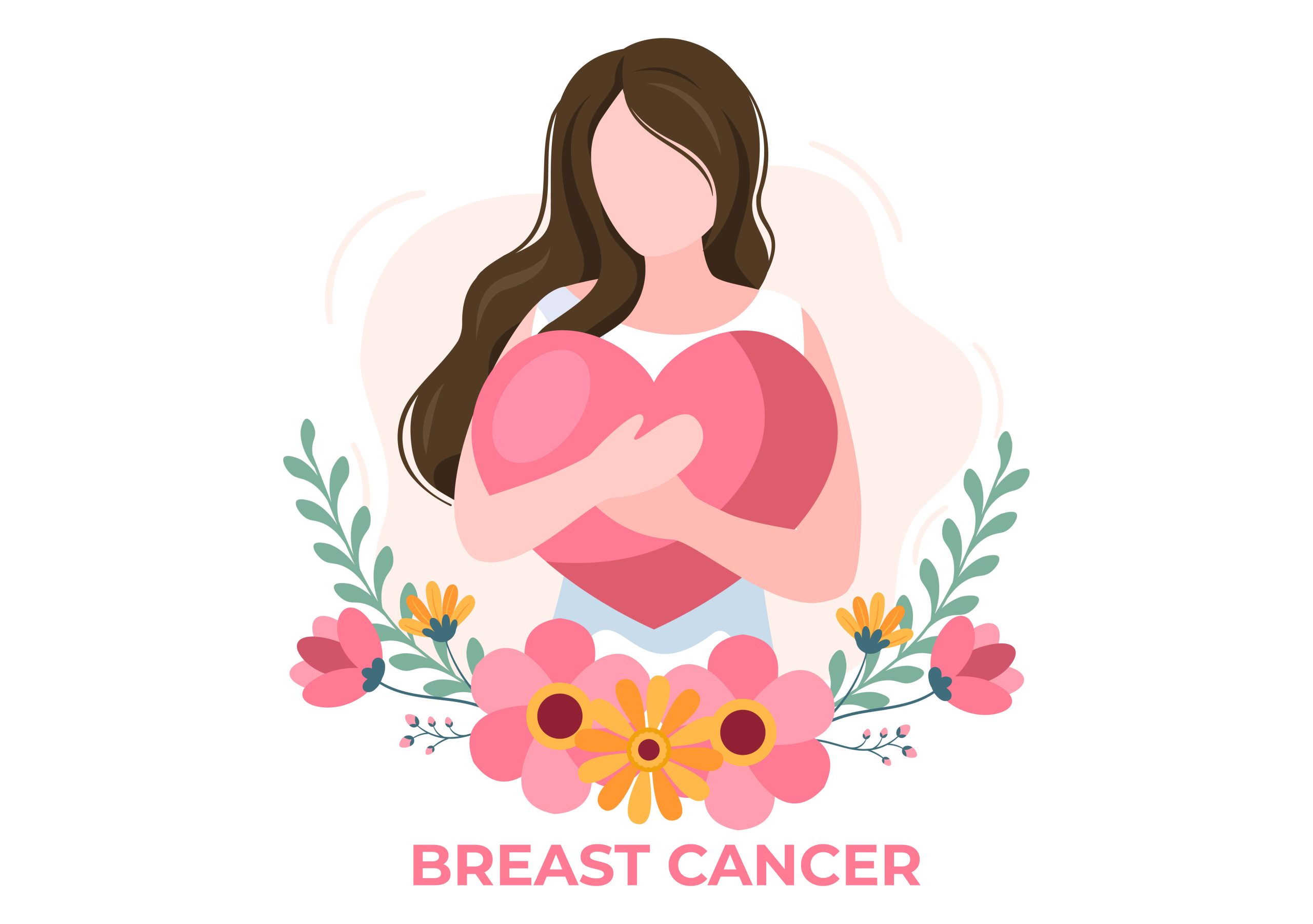
Breast Cancer in Young Women: A Fight Against the Cancer Disease
Breast cancer is a significant health challenge globally, and while it is commonly associated with older women, it also impacts young women, sometimes with more aggressive consequences. Understanding the complications of breast cancer in young women is crucial for early detection, effective cancer treatment, and overall management of the disease.
The Unique Challenges Faced by Young Women:
Young women diagnosed with breast cancer face unique challenges that differentiate their experiences from those of older women:
- Aggressiveness of the Disease: Breast cancer in young women tends to be more aggressive and is often diagnosed at a later stage. The biology of tumours in younger women can differ significantly, with higher grades and poorer prognoses.
- Breast Density: Younger women generally have denser breast tissue, which can make mammographic screening less effective, potentially delaying diagnosis.
- Fertility Concerns: Treatments such as chemotherapy can affect fertility. Decisions about treatment can be more complex for young women who might be planning to start or expand their families.
- Psychological Impact: Young women might be at a particular stage in life, focusing on careers and relationships. A diagnosis can disrupt these plans, causing significant emotional and psychological strain.
- Long-term Health Risks: Survivors might face long-term effects from treatment, including early menopause, cardiovascular problems, and possible second cancers.
Risk Factors:
Some factors increase the risk of developing breast cancer at a young age:
- Genetic Predisposition: A significant percentage of young women with breast cancer have hereditary factors, such as mutations in the BRCA1 or BRCA2 genes.
- Family History: A family history of breast cancer, especially a mother or sister diagnosed at a young age, increases the risk.
- Lifestyle Factors: Obesity, a high-fat diet, excessive alcohol consumption, and smoking can increase risk, although these factors may have a more pronounced effect on the risk for older women.
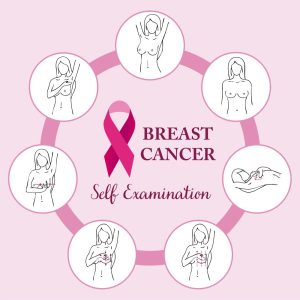
Symptoms and Early Detection:
The symptoms of breast cancer in young women are similar to those in older women but may be overlooked both by the women themselves and by their healthcare providers due to their age. Common symptoms include:
- Lump in the Breast: The most recognized symptom is a lump or breast thickening that feels different from the surrounding tissue.
- Change in Breast Shape or Size: Any change in the size or shape of the breast.
- Skin Changes: Dimpling, puckering, or scaling of the breast skin.
- Nipple Changes: Inversion of the nipple or nipple discharge other than breast milk.
Since breast cancer screening typically starts at a later age, young women must be vigilant about self-exams and report any changes to their healthcare provider promptly.
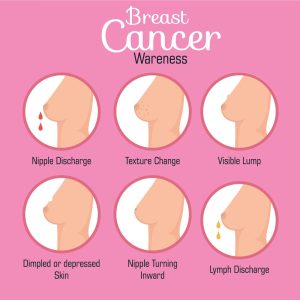
Treatment Options:
Treatment for young women with breast cancer must consider the individual’s disease characteristics, genetic factors, and personal preferences:
- Surgical Options: Choices include lumpectomy (removing the tumour and a small margin of surrounding tissue) or mastectomy (removal of one or both breasts entirely).
- Chemotherapy: Often recommended for young women because of the aggressive nature of the cancer found in this group.
- Radiation Therapy: Used following surgery to eliminate any remaining cancer cells in the breast area.
- Hormonal Therapies: For tumours that are hormone receptor-positive, treatments that block estrogen and progesterone can be effective.
- Targeted Therapies: Cancer treatments that target specific characteristics of cancer cells, like HER2-targeted therapies for tumours that test HER2-positive.
Support and Resources:
Young women dealing with breast cancer need robust support systems. Psychological counselling, support groups, and fertility counselling should be part of comprehensive care. Organizations and communities dedicated to young breast cancer survivors can offer tailored resources and support, helping these women feel less isolated and more empowered during their treatment and recovery.
Conclusion:
Breast cancer in young women is a profound challenge that requires a concerted effort for effective management. Awareness, proactive management, and tailored support systems are critical to helping young women navigate this difficult journey, ensuring they have the best possible outcome and quality of life.
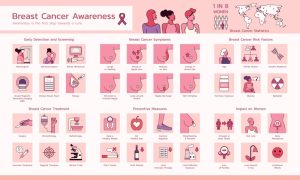
FAQ’s
1. Can young women get breast cancer?
Yes. While breast cancer is more common in older women, it can occur in young women too—even in their 20s and 30s. Early detection is key to better outcomes.
2. What are the risk factors for breast cancer in young women?
Some key risk factors include:
-
Family history of breast or ovarian cancer
-
BRCA1 or BRCA2 gene mutations
-
Radiation exposure to the chest at a young age
-
Early onset of menstruation
-
Lifestyle factors such as obesity, smoking, and alcohol use
3. What are the breast cancer symptoms to watch out for?
- A lump or thickening in the breast or underarm
- Changes in breast size, shape, or skin texture
- Nipple discharge (especially if bloody)
- Inverted nipple or pain in the breast/nipple
- Redness or swelling of the breast
4. Is breast cancer more aggressive in young women?
Yes, breast cancer in young women is often more aggressive and diagnosed at a later stage. It may grow faster and be more likely to recur, making early detection even more critical.
5. Should young women get screened for breast cancer?
Routine mammograms are typically recommended after age 40, but women with strong family history or genetic risk may need earlier screening. Talk to your doctor about a personalized screening plan.
6. What if I find a lump in my breast?
Not all lumps are cancerous, but don’t ignore it. Get it evaluated by a healthcare professional immediately. Early diagnosis can make a huge difference.
7. Can breast cancer affect fertility?
Yes, some breast cancer treatments may affect fertility. Young women should discuss fertility preservation options (like egg or embryo freezing) before starting treatment.
8. Is breast cancer in young women treatable?
Absolutely. With early detection and proper treatment—including surgery, chemotherapy, radiation, or targeted therapy—many young women recover fully and lead healthy lives.
9. Can breastfeeding reduce the risk of breast cancer?
Yes. Breastfeeding is shown to slightly lower the risk of breast cancer, especially in premenopausal women.
10. How can I lower my risk of breast cancer?
- Maintain a healthy weight
- Exercise regularly
- Limit alcohol
- Avoid smoking
- Be aware of your family history
- Perform regular breast self-exams and consult a doctor for unusual changes
11. Is breast cancer in young women always genetic?
No. While genetics (like BRCA1/BRCA2 mutations) play a role in some cases, many young women diagnosed with breast cancer have no known family history.
12. Should I get genetic testing if I’m young and diagnosed with breast cancer?
Yes, genetic testing is often recommended for young women with breast cancer to check for inherited mutations like BRCA1/2. Knowing your genetic status can guide treatment and prevention strategies.
13. How often should I do a breast self-exam?
Once a month, ideally a few days after your period ends. If you notice any changes, see a doctor promptly.
14. Does using birth control increase the risk of breast cancer?
Some studies suggest a slight increase in risk with long-term use of hormonal contraceptives. However, the benefits often outweigh the risks. It is recommended to talk to your doctor for personalized advice.
15. Can breast cancer come back after treatment?
Yes, there’s a risk of recurrence, especially in younger women. Regular follow-ups, healthy living, and monitoring are key to the early detection of recurrence.
16. Can I still have children after breast cancer treatment?
Yes, many young women can have children after treatment, though fertility may be affected by chemotherapy or hormone therapy. Talk to a fertility specialist before starting treatment.
17. Will I lose my hair during treatment?
Hair loss is common with chemotherapy but temporary. Some women use cold caps to reduce hair loss during treatment.
18. Is mastectomy always required for young women?
Not always. The choice between lumpectomy and mastectomy depends on cancer type, size, genetic factors, and personal preferences. Your doctor will guide you.
19. Can men get breast cancer, too?
Yes, though rare, men can develop breast cancer. Awareness is important for everyone.
